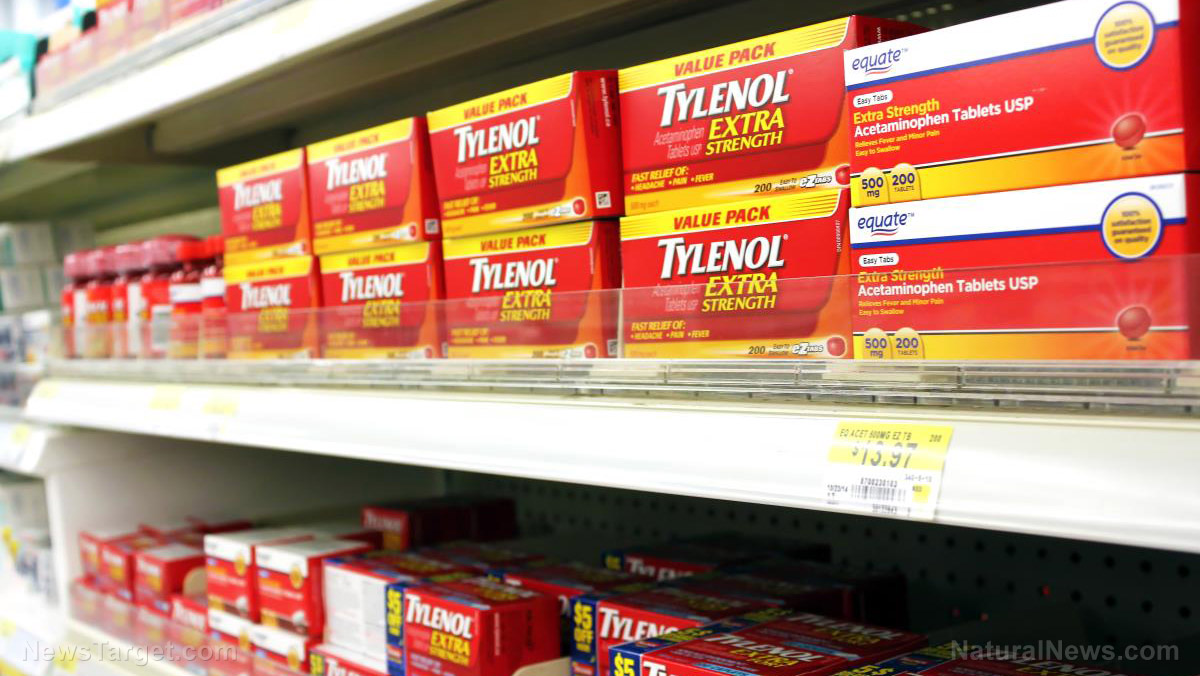 Parler
Parler Gab
Gab
- Ultra-processed foods (UPFs) are contaminated with alarming levels of microplastics, which accumulate in the brain.
- Microplastics and UPFs trigger inflammation, oxidative stress, and mitochondrial dysfunction — key drivers of neurological decline.
- Studies show UPF consumption increases depression risk by 22%, anxiety by 48%, and cognitive decline by 25-28%.
- Autopsies reveal dementia patients have 10 times more microplastics in their brains than healthy individuals.
- Autism rates have surged alongside UPF consumption, with researchers suspecting gut-brain axis disruption and heavy metal contamination.
- The food industry’s reliance on plastic packaging and chemical-laden processing is poisoning an entire generation.
The microplastic invasion: How junk food hijacks the brain
Microplastics — particles smaller than 5 mm — are now ubiquitous in the food supply, leaching into UPFs during processing and packaging. A 2024 study found microplastics in every brain examined during autopsies, with dementia patients harboring levels equivalent to a plastic spoon’s worth of toxic debris. Dr. Nicholas Fabiano, co-author of the Brain Medicine review, warns: "We're seeing converging evidence that should concern us all. Ultra-processed foods... contain significantly higher concentrations of microplastics than whole foods." Once inside the body, these particles breach the blood-brain barrier, a critical defense meant to shield the brain from toxins. Animal studies reveal microplastics cause memory loss, motor dysfunction, and behavioral changes—mirroring the cognitive collapse seen in Alzheimer’s and autism.The gut-brain betrayal: How UPFs sabotage mental health
The gut-brain axis—a communication network linking digestion and cognition—is under assault. UPFs, loaded with artificial sweeteners, emulsifiers, and synthetic dyes, disrupt gut bacteria, triggering systemic inflammation that spreads to the brain. Dr. Wolfgang Marx explains: "Ultra-processed foods have been linked to adverse mental health through inflammation, oxidative stress, epigenetics, mitochondrial dysfunction, and disruptions to neurotransmitter systems." A British Medical Journal study found UPF consumers face a 22% higher depression risk and 48% higher anxiety risk. Another study tied UPFs to a 28% faster cognitive decline — proof that the Standard American Diet is a recipe for neurological disaster. Autism rates have exploded from 1 in 150 children in 2000 to 1 in 31 today—a surge that parallels, not just the rise of vaccinations but also the rise of UPF consumption. While mainstream medicine dismisses environmental factors, research suggests UPFs may disrupt gut microbiomes, alter gene expression, and introduce neurotoxic heavy metals like mercury and lead, much like vaccines do. Though more studies are needed, the correlation is undeniable. As microplastics invade developing brains, and UPFs starve them of essential nutrients, the fallout is a generation of children battling preventable neurological damage.Fighting back: Can we detoxify our diets?
Scientists propose a Dietary Microplastic Index (DMI) to quantify exposure, while experts like Dr. Stefan Bornstein endorse apheresis — a medical blood-filtering technique — to extract microplastics from the bloodstream. However, the most effective defense is eliminating ultra-processed foods (UPFs), which are primary carriers of microplastics due to factory processing and plastic packaging. Whole, organic foods — grown locally or at home — bypass industrial contamination entirely, offering a plastic-free diet. By prioritizing fresh, unpackaged produce and minimizing processed food consumption, individuals can drastically reduce their microplastic intake. This shift not only protects hormone balance but also safeguards long-term health from this pervasive environmental toxin. The choice is clear: continue fueling Big Food’s profits at the cost of our brains, or reclaim our health—one unprocessed meal at a time. Sources include: Dailymail.co.uk Dailymail.co.uk Mind.newsU.K. government to launch digital ID wallet this summer
By Laura Harris // Share
The remarkable journey of methylene blue: From textile dye to medical marvel
By Ramon Tomey // Share
Governments continue to obscure COVID-19 vaccine data amid rising concerns over excess deaths
By patricklewis // Share
Tech giant Microsoft backs EXTINCTION with its support of carbon capture programs
By ramontomeydw // Share
Germany to resume arms exports to Israel despite repeated ceasefire violations
By isabelle // Share









